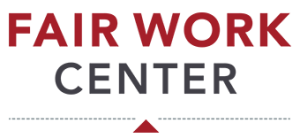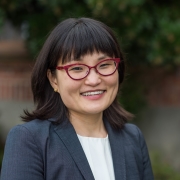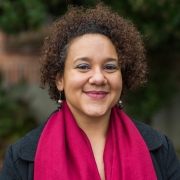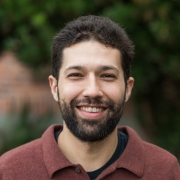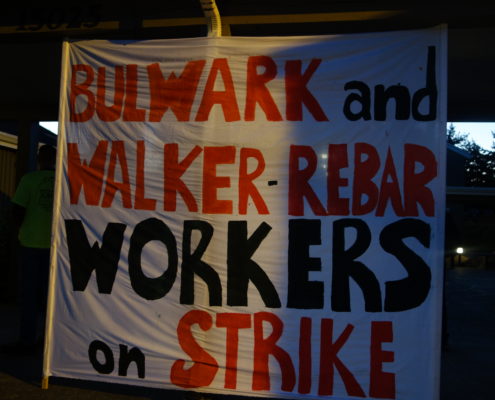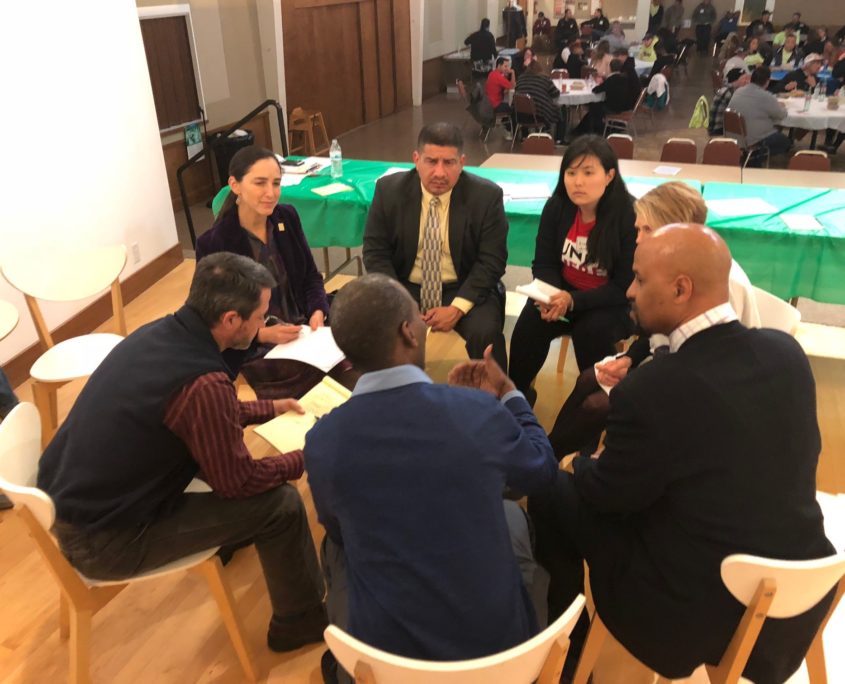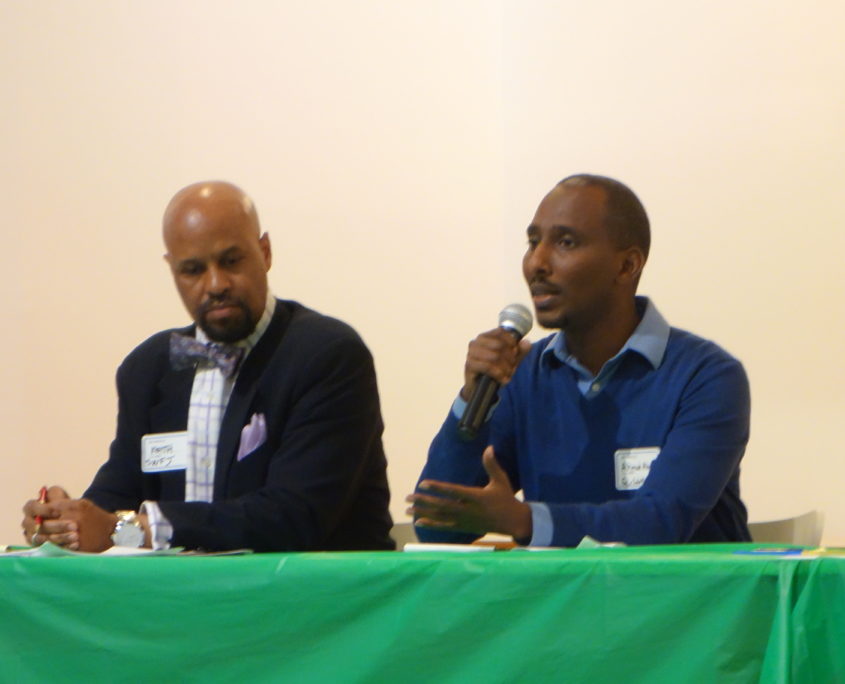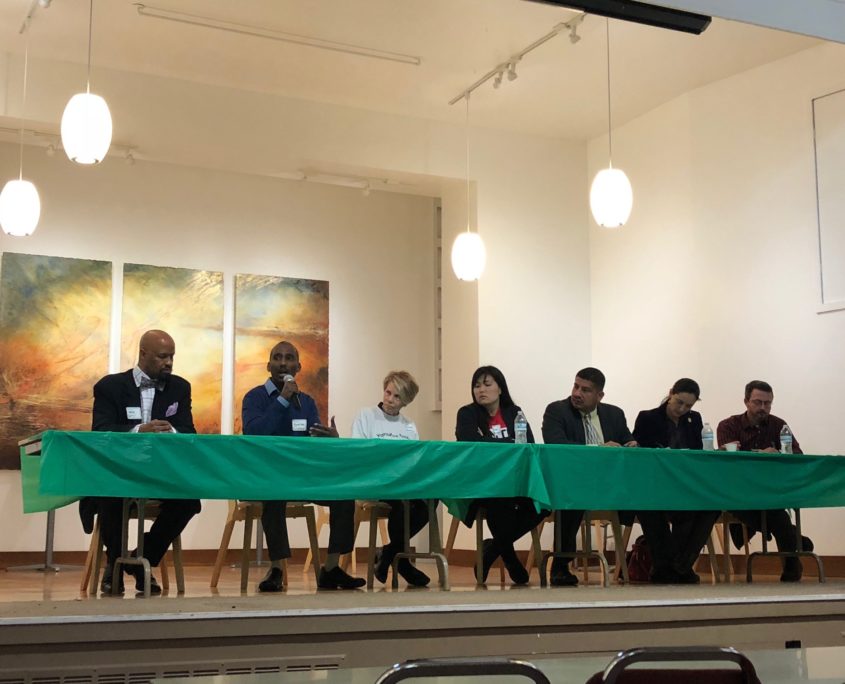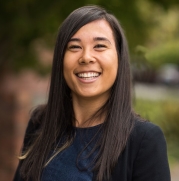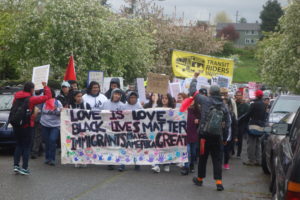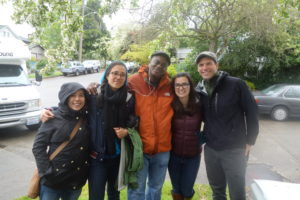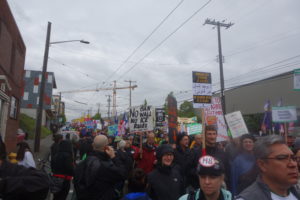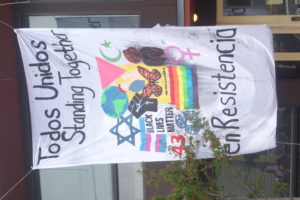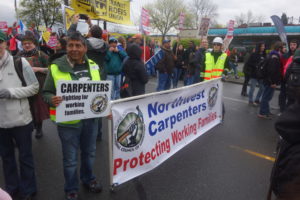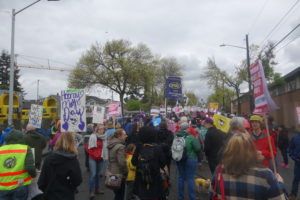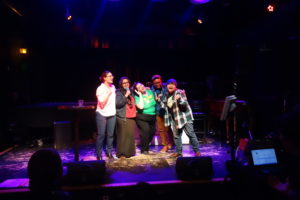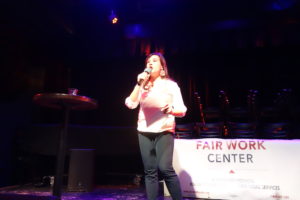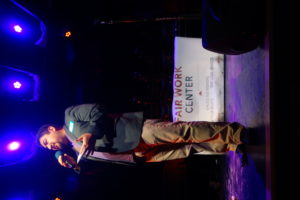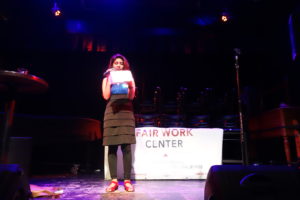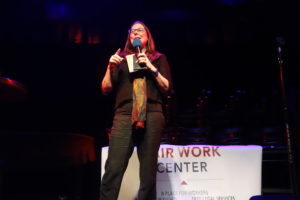Fair Work Center is excited to announce that we are launching a new leadership development program for workers we engage with through our outreach, education and legal services. The Worker Power Training program will deepen workers’ understanding of labor and employment law, build workers’ skills for supporting and advocating for each other, and connect workers to others who are equally passionate about these issues.
Fully informed workers standing together creates power for workers, especially in low-wage industries where employers often isolate and intimidate workers into remaining silent and compliant.
Take the recent example of Amina and the role our own Ahmed Abdi played as peer advocate. Amina, a Somali refugee and mother, has worked for years in commercial cleaning for one of the major subcontractors at the Seattle-Tacoma International Airport.
About a year ago, Amina got a new shift supervisor, and it wasn’t going well. She was often reduced to tears by her interactions with him. He routinely yelled at her in front of other staff and in one-on-one meetings. She put up with his verbal abuse for months. She even tried to get transferred to another shift supervisor’s team but management said no. When Amina finally stood up for herself and told her supervisor he couldn’t keep treating her this way, she was told to turn in her ID badge and go home early. She thought she lost her job.
A few days later she was called in for a meeting with her shift supervisor and the general manager. She thought for sure they were going to fire her. She felt that was unfair but she didn’t know what to do about it.
Amina called her friend, Faduma, who had experienced her own problems at work but got support from Fair Work Center. Faduma told Amina to call Ahmed Abdi, a leader in the East African community and our outreach manager.
Amina asked Ahmed whether she should go to the meeting. It was 9:00pm and her meeting was the next morning. She was scared of what might happen and thought it might be best to not go at all. Ahmed told Amina to go and he offered to accompany her as peer support and translator.
In the meeting, Ahmed steered the conversation away from the personal tensions between Amina and her shift supervisor to a more productive discussion on the quality of Amina’s work history, which was exemplary. Prior to her new supervisor, there were no formal complaints about her work over the years. Even her supervisor’s issues were based on her personality, never her ability to do the work. Ahmed helped cool simmering tensions and gave Amina the courage to tell her side of the story.
At the end of the meeting, Ahmed and Amina were told to wait outside in the lobby while her supervisor and the general manager spoke in private. Five minutes later the general manager emerged, handed Amina her badge back and told her she would be transferred to another shift supervisor.
On her own, Amina was afraid. She felt powerless. But with Ahmed standing with her, she had the courage to fight for her job. Now Amina knows she is not alone, knows she has rights on the job, and knows how to support other her co-workers or friends when they need it.
We believe the Worker Power Trainings will strengthen worker leadership in our region. This leadership, in turn, will support other workers in standing up for their rights, as well as inform our work at Fair Work Center over the coming years. We are excited by this new opportunity and we hope you are too. If so, please consider supporting Fair Work Center with a donation to help us get this program fully resourced and off the ground.
